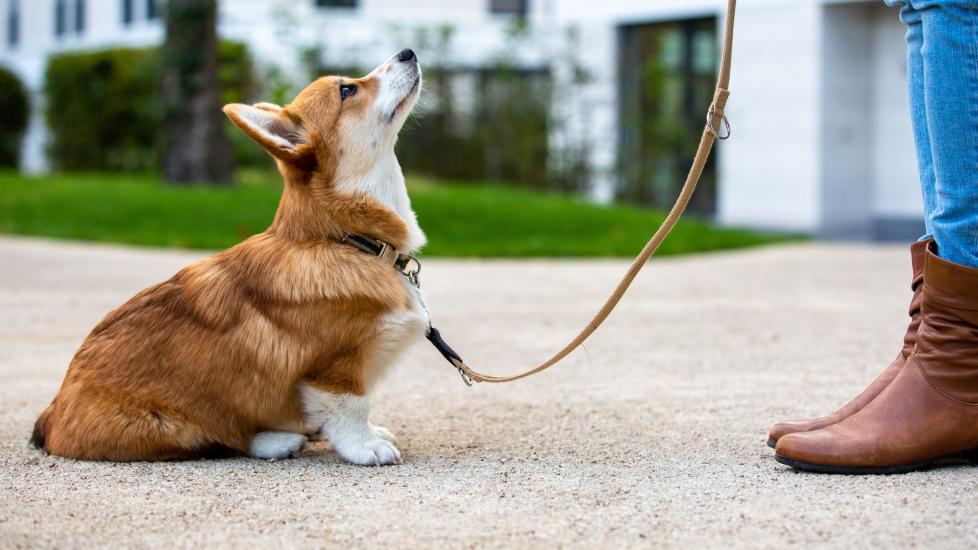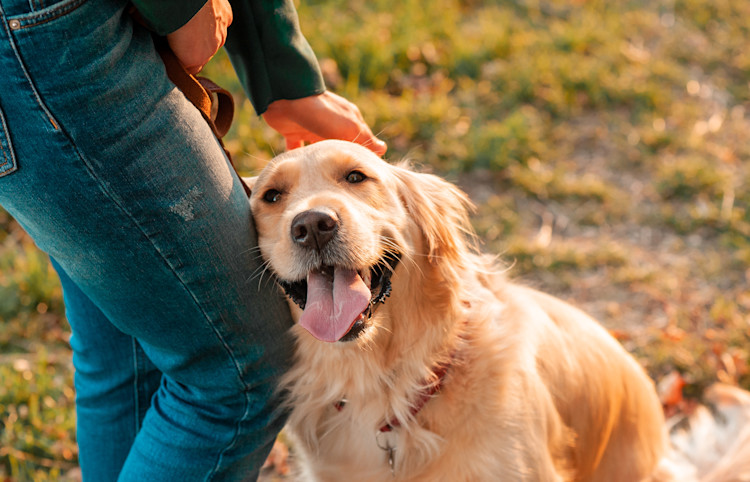
Dog Aggression Towards Humans: Causes and Solutions
Share
When it comes to pet ownership, one of the most concerning issues is dog aggression towards humans. This behavior can manifest in various ways, from subtle signs like growling and snapping to more serious incidents. For health-conscious pet owners, addressing and managing aggression is not just about safety, but also about ensuring the well-being of their pets.
Understanding the root cause of this aggression is crucial. Dogs may display aggressive behavior due to fear, territoriality, pain, or even as a response to perceived threats. Identifying the triggers can help pet owners take appropriate steps in mitigating such behaviors.

Common Causes of Aggression
There are several reasons why dogs might become aggressive towards humans. Fear is one of the most common causes. A fearful dog may resort to aggression as a defense mechanism. It's crucial for owners to understand that what seems harmless to us might be terrifying for a dog.
Another significant factor is the dog's past experiences. Dogs that have faced abuse or neglect may have a higher propensity for aggressive behavior. Additionally, a lack of socialization during their formative years can lead to a fear of unknown people or situations, often resulting in aggression.
Health and Aggression
It's important to note that health issues can also contribute to aggression. Pain or discomfort caused by medical conditions can make a normally docile dog become irritable and aggressive. Regular vet check-ups can help identify any underlying health issues that may be affecting your pet's behavior.
For more detailed information, check out our article on Bergamasco dog breed characteristics and care, which can offer insights into breed-specific behavior patterns.
Managing Aggression in Dogs
Managing aggression involves a multifaceted approach. Training and behavior modification are at the forefront of addressing aggressive tendencies. Hiring a professional dog behaviorist might be necessary for severe cases as they can provide tailored training techniques to suit the dogs needs.
Furthermore, ensuring that your dog has plenty of physical and mental stimulation can alleviate aggression. Dogs often resort to aggressive behaviors out of boredom or pent-up energy. Regular exercise, along with interactive toys and games, can be incredibly beneficial.
For helpful insights on training, visit CIA's top 10 dog training tips, which offers practical guidance for new and experienced dog owners alike.
Preventing Future Aggression
Prevention is always better than cure. Active socialization from a young age can prevent the development of aggression in dogs. Exposing your dog to various environments, people, and other animals will make them more adaptable and less likely to view new experiences as threats.
Understanding your dog's body language can also prevent escalation. Being aware of the early signs of distress can help owners intervene before aggression takes hold. This proactive approach is essential for creating a safe environment for both the dog and humans.
For further reading on dog behavior and aggression, you might find our articles on dog aggression training and how to stop dog aggression beneficial.
Conclusion: A Balanced Approach to Dog Aggression
Addressing dog aggression towards humans requires patience, understanding, and often professional assistance. By identifying the causes, managing current behavior, and taking steps to prevent future incidents, pet owners can create a harmonious and safe environment.
Health-conscious pet owners should remember that dealing with aggression is not just about discipline but also about understanding the emotional and physical well-being of their dog. Regular check-ups, a healthy lifestyle, and plenty of positive reinforcement will go a long way in helping maintain a peaceful coexistence with their beloved pets.

FAQ
Q1: Why is my dog suddenly aggressive towards me?
A sudden change in behavior could be due to several factors including health issues, fear, or a significant change in the pet's environment. Consulting with a veterinarian or a professional dog trainer is advisable to determine the underlying cause.
Q2: Can all aggression in dogs be treated?
While many cases of aggression can be managed or significantly reduced with proper training and behavioral intervention, some cases might persist. The success of treatment often depends on the root cause and consistency in the approach.
Q3: Is it possible to completely prevent dog aggression?
Though it's challenging to guarantee that aggression can be entirely prevented, steps like early socialization, regular training, and maintaining good health can minimize the risk and ensure a well-adjusted dog.
This article contains affiliate links. We may earn a commission at no extra cost to you.
